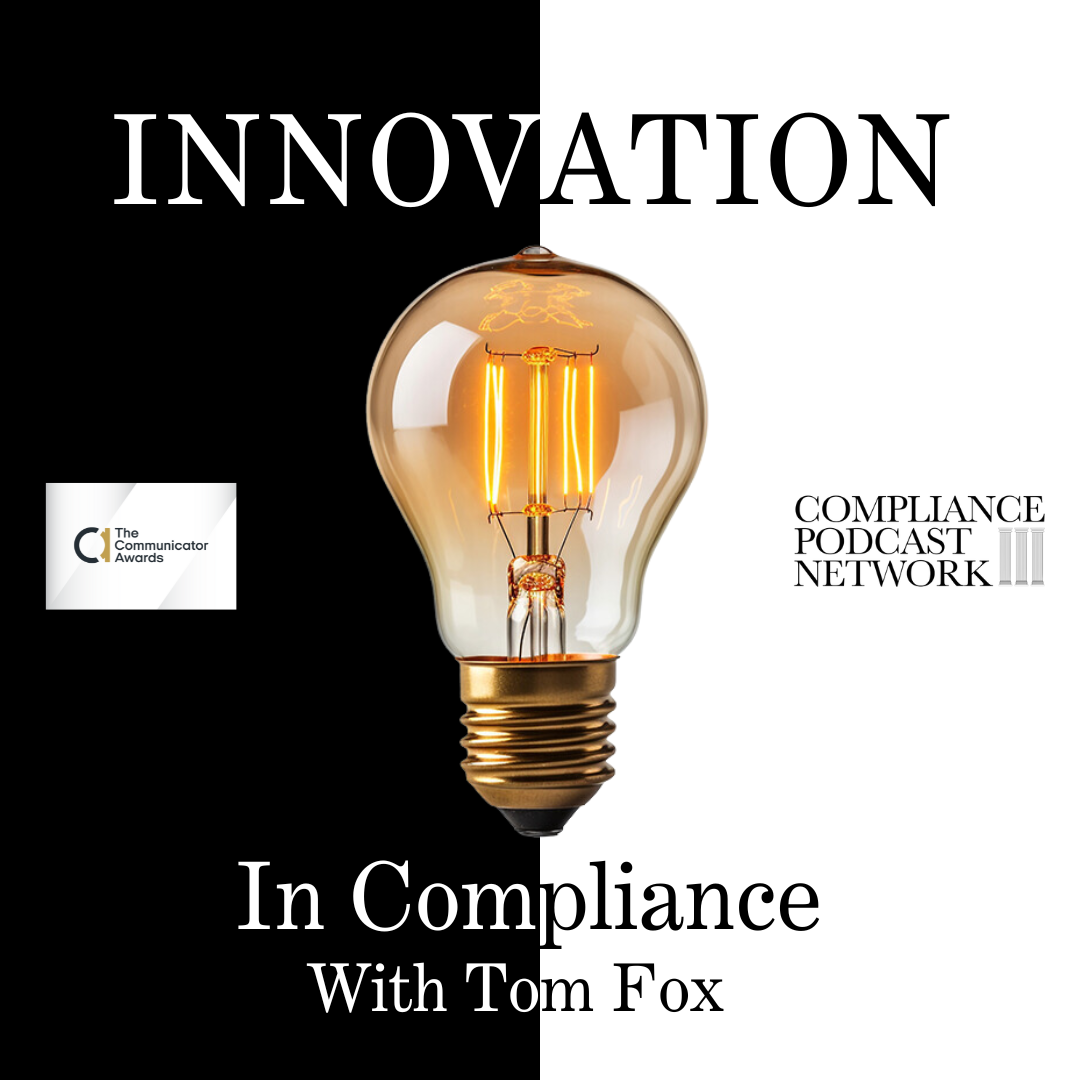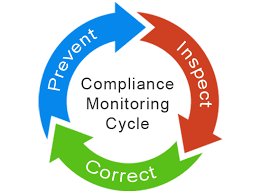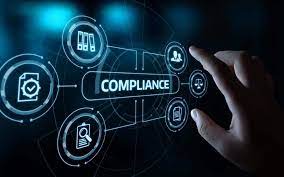In 2025, predictive analytics has moved from a niche innovation to a cornerstone of effective compliance programs. Companies are no longer waiting for compliance breaches to occur before taking action; instead, they leverage sophisticated data models to anticipate risks before escalating. By harnessing the power of machine learning, behavioral analytics, and external risk indicators, organizations can proactively detect potential compliance violations, corruption risks, and regulatory pitfalls before they materialize.
The key advantage of predictive analytics is its ability to identify patterns and trends across vast amounts of structured and unstructured data. Unlike traditional compliance monitoring, which relies on static rules and post-incident investigations, predictive analytics continuously adapts, learning from historical data, employee behaviors, and real-time external factors.
Lessons for Compliance Professionals
Proactive Compliance is More Effective (and Cheaper) than Reactive Enforcement.
Proactivity should be the holy grail of any compliance program, particularly regarding industrial safety. Rather than waiting for incidents to happen and scrambling to patch up the fallout, organizations adopting predictive analytics are better positioned to identify and address issues early on. For instance, imagine a manufacturing plant deploying sensors on critical machinery to detect unusual vibrations or temperature spikes. With real-time data continuously analyzed by sophisticated algorithms, maintenance teams can intervene before a minor defect escalates into a catastrophic safety breach. This approach reduces the risk of paying hefty regulatory fines, absorbing negative media attention, and dealing with disgruntled stakeholders, affecting an organization’s bottom line and reputation. Proactive compliance is not merely about technology, however. It also entails educating your workforce, ensuring well-understood compliance policies, and training employees to recognize and report anomalies. A data-driven compliance culture encourages everyone, from the shop floor to the C-suite, to take ownership of risk identification and mitigation. When compliance officers receive alerts or early warning signals, they can collaborate with operational leaders to nip the problem in the bud, saving time and money.
- Data-Driven Compliance Enhances Resource Allocation
One of the most compelling reasons to adopt predictive analytics in compliance programs is the ability to make better-informed decisions about where to allocate your resources. Traditional compliance approaches might spread monitoring and oversight evenly across the organization or focus on whichever department has experienced an issue. In contrast, data-driven insights allow you to pinpoint where risks are most likely to lurk. This could mean discovering that a particular production line experiences frequent mechanical failures or that a geographic region faces heavier regulatory scrutiny. By funneling resources into areas with elevated risk profiles, compliance leaders can stretch budgets more efficiently and bolster the overall integrity of operations.
Harnessing predictive analytics for strategic resource allocation helps organizations maintain compliance maturity. It ensures that your best people, processes, and technologies are channeled where they can do the most good, minimizing the risk of regulatory blowback and maximizing the return on every compliance dollar spent.
- External Factors are Just as Important as Internal Data
Internal data, from equipment sensors to employee feedback, forms the backbone of any predictive compliance model. However, to achieve a holistic view of risk, organizations must also pay close attention to external variables that can change the compliance landscape in the blink of an eye. Geopolitical shifts, for example, can disrupt supply chains or trigger sudden regulation changes. Natural disasters can affect production schedules and force rapid modifications to operational strategies. Even a new administration coming into power in a foreign market might impose regulations that directly impact your activities there.
When external data is integrated into your compliance analytics, you gain powerful insights to help anticipate challenges before they become crises. Suppose you have a major supplier in a region prone to political instability. By monitoring local news, government announcements, and broader market trends, you can gauge the likelihood of disruptions and craft contingency plans accordingly. This foresight fosters business continuity and protects your organization from sudden compliance pitfalls, such as failing to meet revised local safety standards or missing reporting deadlines due to unplanned shutdowns.
- Predictive Analytics Strengthens Third-Party Risk Management
In today’s interconnected marketplace, organizations rarely operate in isolation. The average company might rely on a web of vendors, suppliers, distributors, and other intermediaries scattered across the globe. While these relationships can drive growth and innovation, they expose your organization to risks often outside your immediate control. Predictive analytics can be a powerful ally in mitigating these external vulnerabilities, allowing compliance professionals to gauge the likelihood of third-party misconduct before it happens.
By examining a mix of historical performance data, financial health indicators, audit results, and even reputational markers, such as media coverage or social media sentiment, predictive models can flag potential problem areas. For instance, if a supplier has a history of late deliveries, unresolved quality issues, or frequent employee turnover, analytics may reveal a pattern that increases the probability of compliance breaches down the line. Armed with these insights, you can decide whether to tighten contract terms, request additional audits, or discontinue the relationship altogether.
While predictive analytics and artificial intelligence have transformed the compliance landscape, technology alone is not a silver bullet. It’s critical to remember that AI and human expertise must function in tandem. Think of predictive analytics as an incredibly sharp tool: powerful, yes, but still reliant on skilled hands to wield it effectively. AI might spot an anomalous data pattern suggesting a higher likelihood of equipment failure or third-party misconduct, but it takes a trained compliance professional to interpret that signal in the context of broader organizational objectives and regulatory requirements.
Effective collaboration between AI and human decision-making also drives better stakeholder engagement. Senior leadership, board members, and even frontline employees need reassurance that someone with a nuanced understanding of the business and its regulatory landscape oversees compliance activities. Transparency is vital; explaining how predictive analytics work—and how compliance officers cross-check AI-driven insights—can alleviate fears of an overly automated or impersonal system.
The Future is Now: General Electric’s Predictive Compliance for Industrial Safety
General Electric’s Predictive Compliance for Industrial Safety is a powerful solution for forward-thinking organizations. By harnessing the capabilities of advanced analytics and machine learning, GE has created a platform that helps organizations meet their compliance obligations and prevents potential incidents before they escalate into costly, reputation-tarnishing catastrophes. As any good compliance practitioner knows, prevention beats remediation, and that is precisely what GE’s approach champions.
At the heart of Predictive Compliance is collecting and analyzing real-time data from industrial operations. Sensors placed throughout industrial equipment transmit crucial metrics, temperature, pressure, vibration, and more, to a centralized data repository. From there, sophisticated algorithms sift through enormous datasets to spot anomalies that might signal an emerging safety threat. This approach allows compliance teams to move beyond mere checklists and static reporting into proactive risk management.
One of the most impressive benefits of GE’s system is its capacity to identify leading indicators of potential regulatory breaches or safety violations. Instead of relying solely on after-the-fact investigations, compliance officers can review real-time insights, take preventive steps, and document their actions to demonstrate good-faith compliance. This capability can be a game-changer for organizations grappling with rigorous safety standards, such as those in industries like oil and gas, aviation, or heavy manufacturing.
Moreover, GE’s Predictive Compliance framework fosters a cultural shift within organizations. Employees across the board become more engaged when they see data-driven evidence highlighting specific operational risks and how their actions can mitigate them. By tying individual behaviors to larger compliance objectives, companies can promote a more accountable mindset that moves the needle from mere adherence to active partnership in risk reduction.
In addition, the solution integrates with existing enterprise resource planning (ERP) and governance, risk, and compliance (GRC) systems, allowing for a seamless flow of data and reporting. This integration is especially vital for multinational corporations juggling multiple regulatory regimes. Centralizing compliance-related data within one platform reduces duplication and inconsistencies, allowing compliance officers to focus on strategic oversight rather than administrative headaches.
Furthermore, GE’s use of artificial intelligence enables predictive models to evolve. As more data is ingested into the system, the algorithms become better at recognizing patterns and generating more accurate forecasts. Consequently, compliance professionals can rely on increasingly precise alerts, reducing the prevalence of false positives and allowing teams to allocate resources more effectively.
Finally, it’s worth noting that GE’s approach is not merely about technology. The company emphasizes ongoing training and support for organizations seeking to harness the power of predictive analytics. This encompasses everything from setting up automated reporting protocols to understanding regulatory nuances that might influence how data is interpreted. The result is a holistic, future-focused compliance ecosystem.
By leveraging Predictive Compliance for Industrial Safety, businesses can protect their people, assets, and reputations while maintaining a competitive edge in a heavily regulated world. For any compliance professional aiming to stay ahead of the curve, it’s a compelling demonstration of how data, technology, and a proactive safety culture can converge to propel industrial compliance into the future.
Predictive analytics should be viewed as an extension of the compliance professional’s toolkit, not a replacement. Organizations can act with surgical precision by leveraging advanced algorithms for early detection and pairing those insights with human wisdom and experience. The result is a more resilient, ethical, and confident enterprise ready to handle the complex challenges of modern industrial compliance.
Predictive analytics is reshaping the future of corporate compliance by enabling companies to move from a reactive, audit-based approach to a real-time, proactive risk management strategy. Organizations that embrace these advanced analytics tools will stay ahead of regulatory expectations, minimize compliance risks, and drive a more ethical business environment. As enforcement agencies increasingly expect companies to anticipate and mitigate risks proactively, predictive analytics is no longer just a competitive advantage but a compliance necessity.










